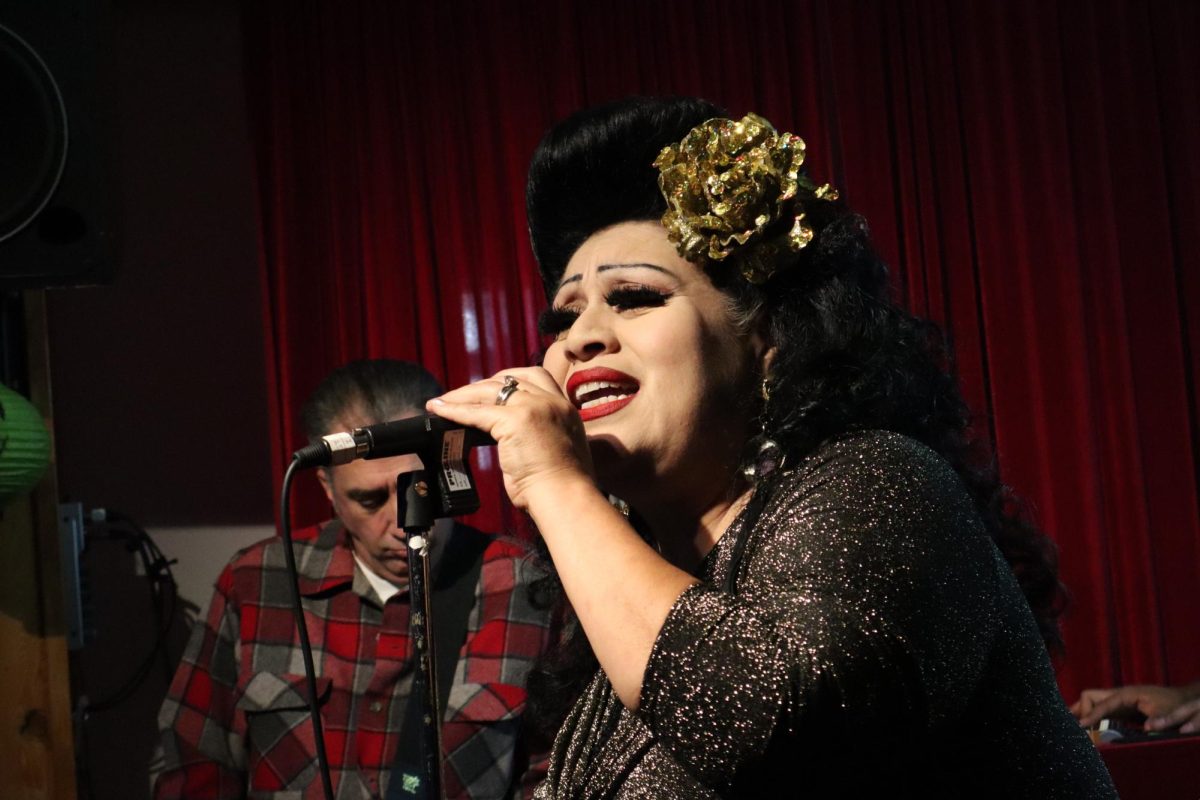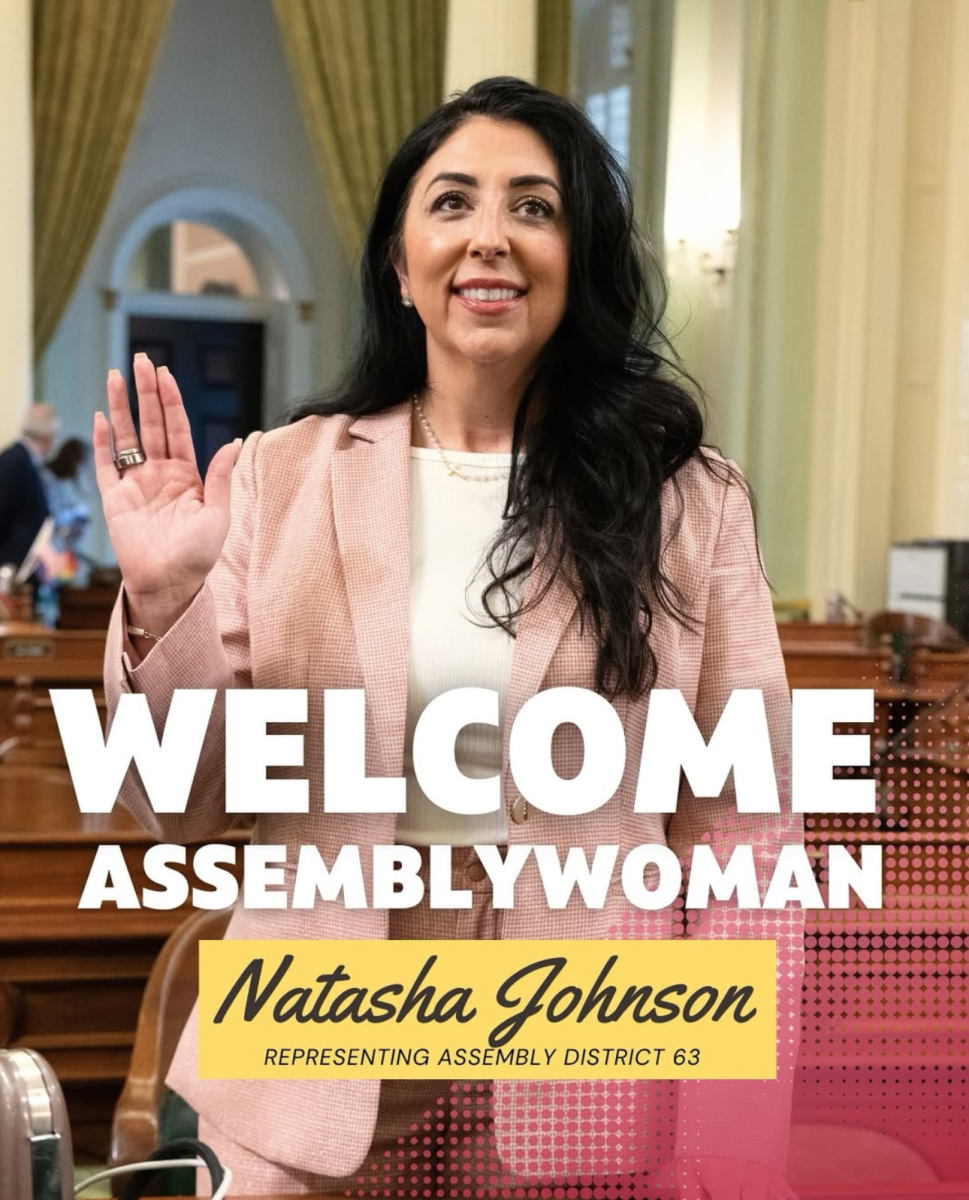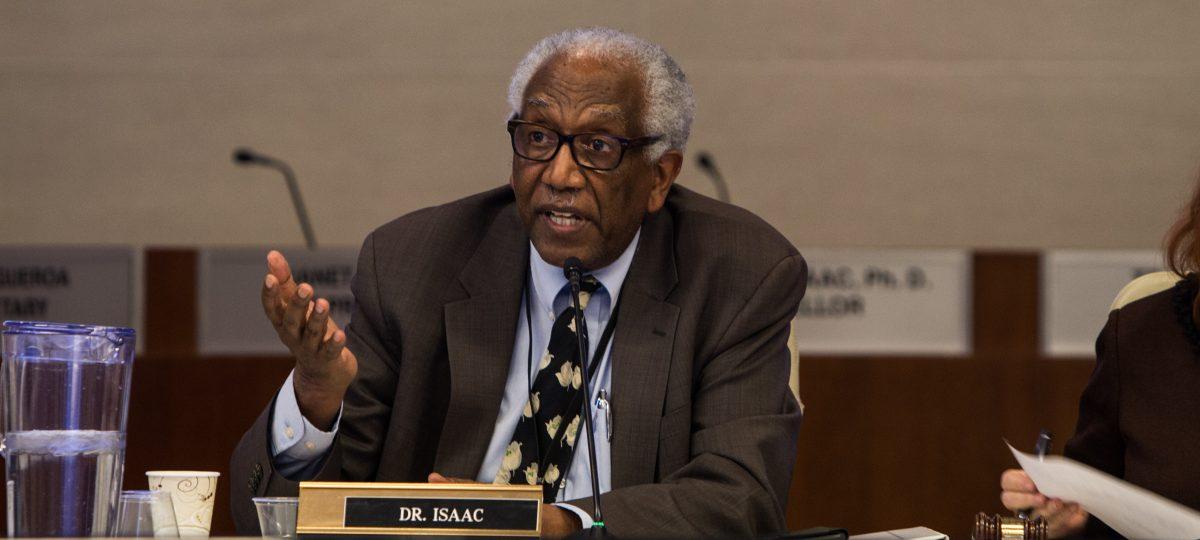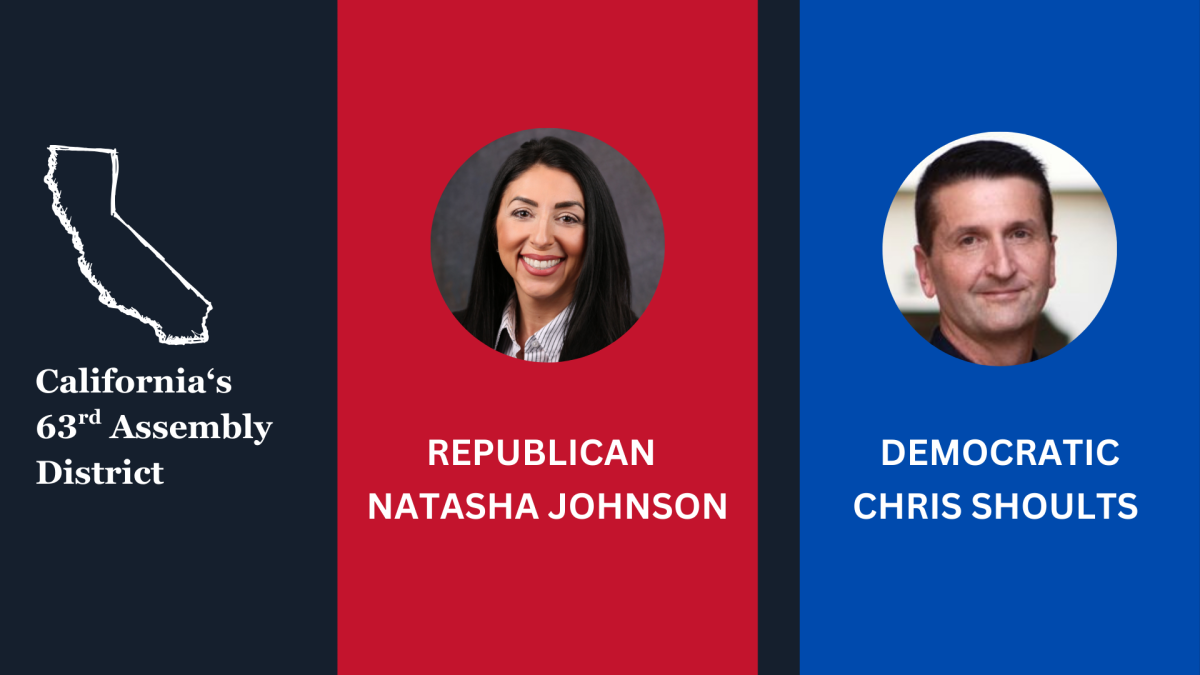By Samantha Bartholomew

Did you know that eight transgender women of color have been murdered since the beginning of 2017?
Or that 29 percent of transgender people live in poverty, compared to the 14 percent of the general population?
A May 15 panel at the A.G. Paul Quadrangle hosted by the United Stripes Coalition and Dr. Jami Brown, a sociology instructor at Riverside City College, served to inform students how they can show support for members of the transgender community, as well as shed light on the struggles that transgender individuals face before and after coming out.
Panelists included current and former RCC students Damien Ewing, Eve Hernandez, Asher Jones, Darby Osnaya, Jennifer Shaw and Oliver Velasco.
Moderator and current RCC student Joey Mendoza began the panel with a question about transgender representation in the media.
“We see a lot of transgender characters being played by cis-gendered actors,” Ewing said. “So, the representation is there, but not really.”
One of the main flaws of media representation, discussed heavily by all of the panelists, was the 2015 adaptation of the Stonewall riots.
The movie sparked controversy after the release of its promotional trailer appeared to completely erase the fact that the riots were prominently led by transgender women, queer women and people of color.
“For me, it wasn’t even that the characters were white,” Velasco said. “It’s the fact that it was factually incorrect.”
The panel also touched on the personal histories of the panelists, including their struggles in being misgendered and their decision to come out publicly.
“I didn’t want to go through another job using my birth name and pronouns,” Ewing said. “By coming out at work, I feel that I opened the doors for other transgender employees.”
“I was tired of being invisible,” Hernandez said. “I wanted to be a voice to explain who we are and the struggles we go through.”
For Jones, the struggle of coming out came heavily from his past involvement with the Associated Students of Riverside City College.
“If you don’t conform and go with the flow, you are unwanted,” Jones said.
For the panelists, the process of coming out was one that was spent alone.
“Part of the process is going every which way to deny your identity,” Velasco said.
“(Coming out) starts off alone,” Osnaya said. “You have to become your biggest advocate.”
According to the National Center for Transgender Equality, it is not uncommon for school officials to refuse to respect transgender students’ identities and to go so far as to punish transgender students for expressing their identities.
“Even getting your student email name changed is a struggle,” Shaw said.
The panelist agreed that a common reason behind hostility towards the transgender community in such matters was that many are uncomfortable with the community as a whole and turn to ignorance instead of educating themselves.
“Don’t invalidate someone else’s identity to suit your comfort,” Jones said.
The event featured information from GLAAD, a nonprofit organization that serves to empower the real people in the LGBT community.
GLAAD was formerly an acronym for Gay & Lesbian Alliance Against Defamation, but they became known solely as GLADD to incorporate the bisexual and transgender community in their efforts to support the LGBT community.
Information from GLAAD included ways that non-marginalized individuals can be supportive of the transgender community, such as to never make assumptions about a transgender person’s sexual orientation and respecting the terminology a transgender person uses to describe their identity.
“It all begins and ends with respecting people,” Velasco said.













